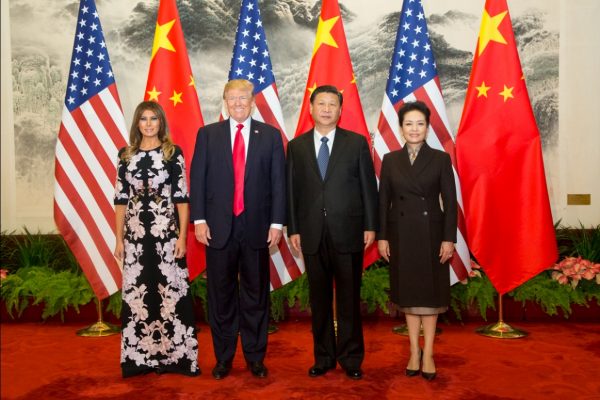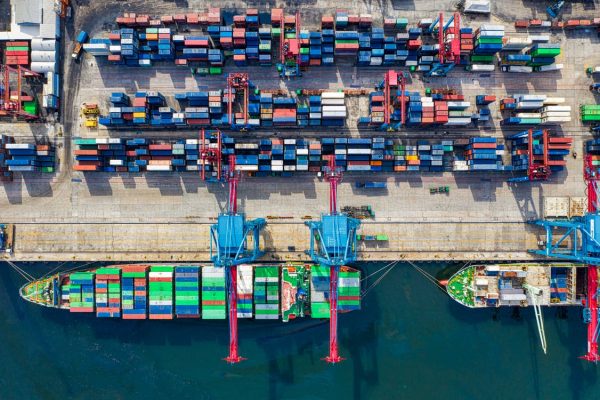Tariffs on Chinese Imports Climb as Trade Negotiations Stall
President Donald Trump has imposed billions of dollars worth of new tariffs on imports by China and is threatening more tariffs, even as the two sides continue to talk in Washington in order to reach a trade deal.
The latest bombardment in the U.S.-China trade war came on May 10 when the Trump administration announced that it was increasing duties on $200 billion worth of Chinese products — including medical devices, apparel, handbags, seafood, and electronics — from the current 10 percent to 25 percent. The Republican president also threatened to slap a 25 percent duty on $325 billion of further imports, which would cover almost all products coming in from China to the U.S.
Trump said his administration has already started paperwork on the threatened tariffs though it would take until at least late June to implement them.
https://twitter.com/realDonaldTrump/status/1125069835044573186
https://twitter.com/realDonaldTrump/status/1125069836088950784
Trump suggested that American businesses could avoid tariffs by producing goods in the United States.
The Trump administration’s earlier decision to impose 10 percent tariffs on $200 billion of Chinese goods and 25 percent on another $50 billion of imports was followed by countermeasures from Beijing, which targeted $110 billion worth of goods.
The tariffs and threats of more are a shocking turnabout from April when the U.S. president spoke about closing a landmark deal with China and discussing where the two sides should meet for the ceremony.
U.S. and China Trade War
Washington and Beijing have been embroiled in intense trade talks since early 2018 when Trump first complained about China’s trade deficit, alleged intellectual property theft, forced technology transfers and what Trump refers to as Beijing’s unfair business practices.
Both sides have a vested interest in reaching an amicable solution. The trade war has hurt businesses and farmers of both countries. Earlier in May, U.S. and global markets dropped and are likely to retreat further if the brinkmanship continues, with the Bank of American Corps warning that additional tariffs in the near future could potentially cause a 10 percent decline.
Trump has repeatedly said Beijing bears the tariffs on Chinese imports, but experts agree that it is the American taxpayers who bear the brunt. The Republican president’s insistence on tariffs may have come after witnessing the stronger-than-expected U.S. economy. However, a full-blown war is expected to adversely impact the stock market and test the tolerance of many of Trump’s supporters.
China’s Stance on Tariff Hikes
China’s Commerce Ministry said it “deeply regrets” the rise in tariffs and on May 13, announced that it would retaliate by raising tariffs on $60 billion worth of U.S. imports, mostly agricultural in nature.
President Xi Jinping is in the midst of trying to deal with a host of social and financial challenges and wants to see technological advancements and a solid economic growth that would reinforce the Communist Party’s grip on China.
Chinese imports to the United States make up over 4.5 percent of the country’s exports, and tariffs could significantly affect its GDP. At the same time, Beijing does not want to succumb to Trump’s demand as it believes it would infringe on China’s sovereignty.
The world’s two biggest economies have become intertwined over the decades, but neither the U.S. nor China is so dependent on the other that they would be unable to survive without each other. Experts believe that the trade war is only one part of a growing escalation of bilateral tensions between two countries with basic conflicting ideologies that will continue to develop over the years.



